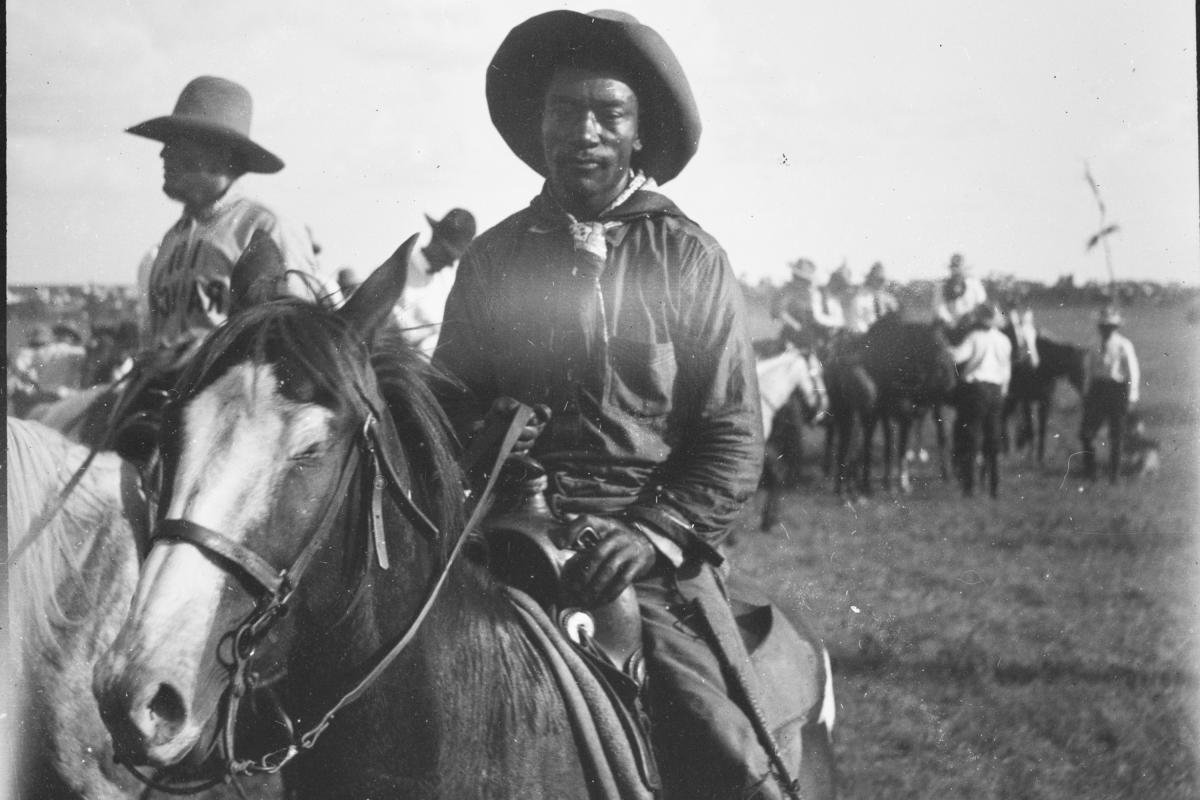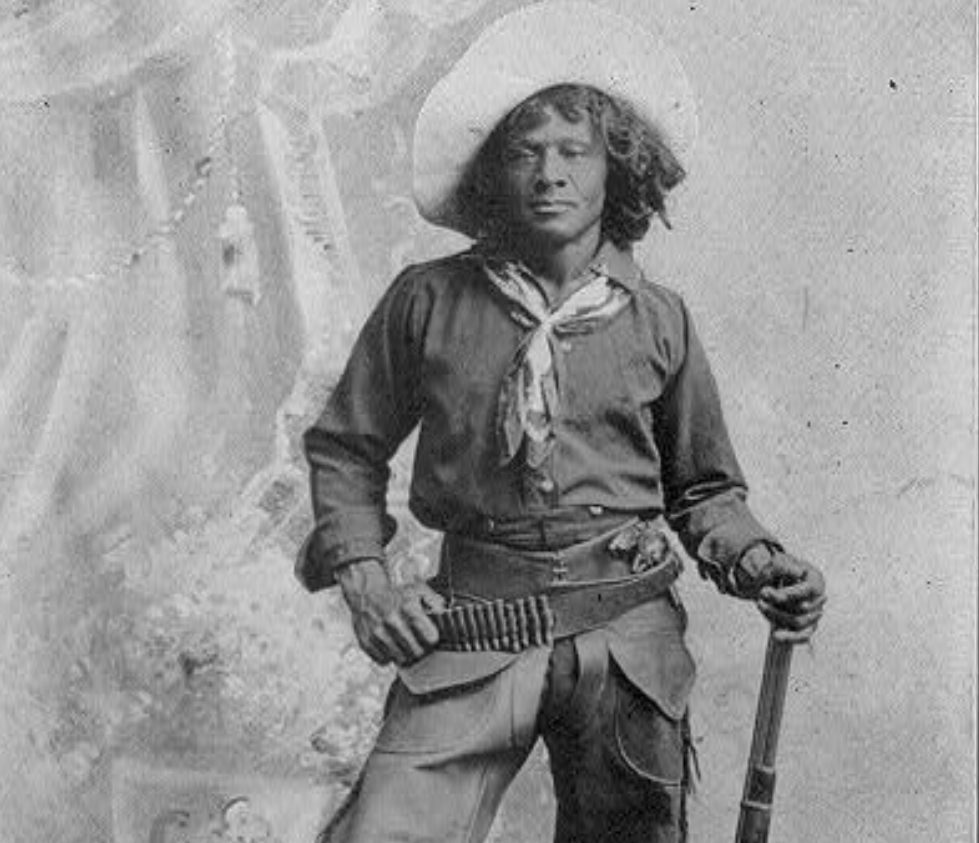When we think of the American Old West, iconic images of rugged cowboys, wide-open plains, and dusty trails often come to mind. These stories, often romanticized in literature, film, and popular culture, frequently feature white protagonists while neglecting the diverse makeup of those who truly shaped the frontier. Among these were African American cowboys, whose contributions to the development of the West have been largely overlooked.
The Origins of African American Cowboys
The history of African American cowboys in the Old West begins with the institution of slavery. By the time the Civil War ended in 1865, approximately four million African Americans were emancipated. Many freed slaves, particularly in the southern states, sought new opportunities, and some found work in the burgeoning cattle industry.
The skills required for ranching—such as horse riding, cattle roping, and herding—were not new to African Americans. During slavery, some enslaved people had already been employed as stable hands, horse trainers, and field hands-on southern plantations. This experience made them well-suited for the work that awaited them on the open ranges of the American West.

The Role of African American Cowboys
After the Civil War, cattle ranching became a major industry, particularly in Texas, where large herds of longhorn cattle roamed free. The demand for skilled cowboys to manage these herds grew rapidly, and many African Americans found employment in this field. Estimates suggest that between 5,000 and 8,000 African American cowboys worked in the Old West, comprising about 25% of the total cowboy population.
African American cowboys performed the same grueling and dangerous work as their white counterparts. They participated in cattle drives, which involved herding thousands of cattle from Texas to railheads in Kansas, where the cattle could be shipped to markets in the East. These drives could last for months, with cowboys enduring harsh weather, long hours, and the constant threat of stampedes, attacks by rustlers, and other hazards.
BLACK COWBOYS OF THE OLD WEST | Beer & Skittles – YouTube
Despite their contributions, African American cowboys often faced discrimination. They were typically paid less than white cowboys and were sometimes given the most dangerous or least desirable tasks. Segregation was common, even on the frontier, and African American cowboys were often forced to eat, sleep, and work separately from their white peers.

Notable African American Cowboys
Several African American cowboys made significant contributions to the cowboy culture of the Old West and have since been recognized for their achievements.
Nat Love, also known as “Deadwood Dick,” is perhaps the most famous African American cowboy. Born into slavery in Tennessee in 1854, Love gained a reputation as an expert marksman and skilled cattle wrangler. His autobiography, published in 1907, provides a vivid account of life on the frontier and his experiences as a cowboy.
Bass Reeves was a former slave who became one of the first African American U.S. Deputy Marshals west of the Mississippi River. Though not a cowboy in the traditional sense, Reeves’ story is intertwined with the history of the Old West. He is credited with arresting more than 3,000 felons during his career and is believed to have been the inspiration for the fictional character of the Lone Ranger.
Bose Ikard was another prominent African American cowboy. Born into slavery in Mississippi, Ikard worked alongside the legendary cattleman Charles Goodnight and was instrumental in blazing the Goodnight-Loving Trail, one of the most famous cattle routes of the Old West.
Legacy and Recognition
The legacy of African American cowboys has often been overshadowed by the more widely recognized figures of the Old West. However, in recent years, there has been a growing effort to acknowledge and celebrate their contributions.
Museums, such as the National Cowboy & Western Heritage Museum in Oklahoma City, have begun to include exhibits on African American cowboys, and events like the Bill Pickett Invitational Rodeo celebrate their history and culture. Additionally, scholars and historians have been working to uncover and document the stories of African American cowboys, ensuring that their place in history is recognized.
The story of African American cowboys is a testament to the resilience and determination of those who, despite facing significant challenges, helped shape the American frontier. Their contributions to cowboy culture are an integral part of the history of the Old West and deserve to be remembered and honored. As we continue to explore the diverse history of the United States, the legacy of African American cowboys stands as a reminder of the rich and complex tapestry that defines our shared past.











